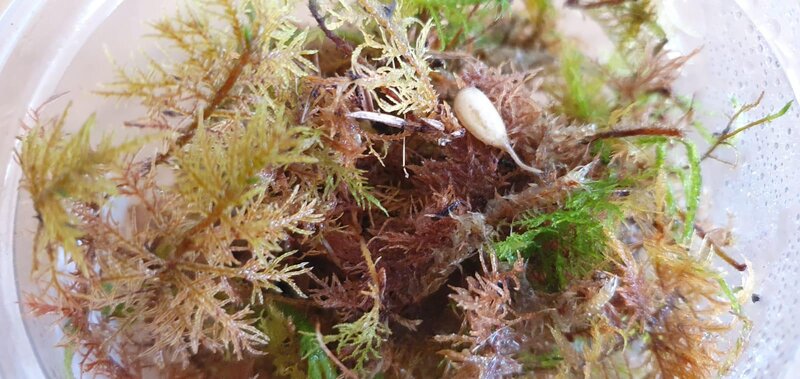The Royal Zoological Society of Scotland (RZSS) is gearing up for a potentially record-breaking breeding season for a rare insect breeding programme, as keepers care for more critically endangered pine hoverflies than ever before at Highland Wildlife Park near Aviemore.
—
What is Happening?
- Led by the wildlife conservation charity since 2016, the pine hoverfly conservation breeding programme is now responsible for the majority of Britain’s known population of the rare native species, currently only found in one small forest in the Cairngorms.
- The pine hoverfly conservation insect breeding programme is led by RZSS in collaboration with the Rare Invertebrates in the Cairngorms project, a partnership between the RSPB, Cairngorms National Park Authority, Buglife Scotland, Butterfly Conservation Scotland, and NatureScot.
- Almost all of the 156 larvae that hatched at the park last year are now becoming pupae, entering the next stage of their life cycle on their way to becoming adults.
You might also like: Only 6.5% of Global Forests are Adequately Protected, Study Finds
Dr Helen Taylor, conservation programme manager at RZSS said, “Our charity’s conservation breeding programme at Highland Wildlife Park is currently the best hope for the survival of this critically endangered species. The last sighting of an adult pine hoverfly in the wild was over eight years ago. Every individual matters, so it is really exciting to have more larvae pupating than ever before and nerve-wracking to have to wait and see how many complete the full cycle, from egg, to larva, to pupa, to adult. ”
“The process they go through is extraordinary. Inside the pupa case, these animals are breaking most of their body down into goo and then totally reassembling it to transition from a larva to an adult fly. Most people will be familiar with this idea from caterpillars turning into butterflies, but it really is a magical transformation. Invertebrates are a fundamentally understudied, underacknowledged and under-loved group of animals that fuel the food chain, pollinate plants and break down organic waste. They hold our ecosystems together, making them an important focus for conservation efforts. Without them, the world would be very different,” she continued.
- Next steps for the project include moving the pupae into a brand-new purpose-built breeding centre at Highland Wildlife Park in the coming weeks.
Featured image by: RZSS

















